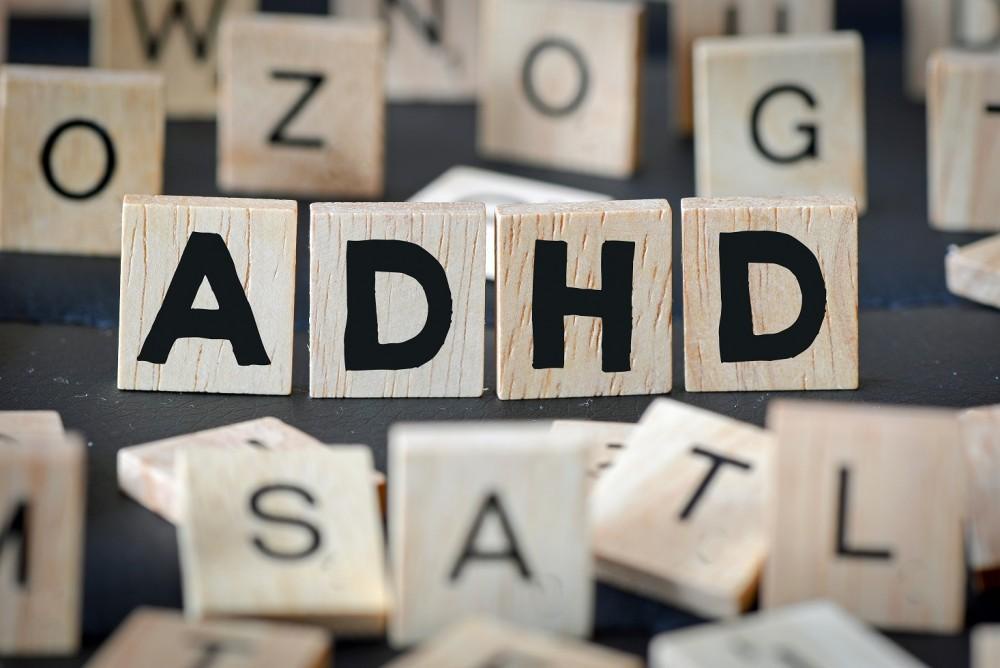Introduction
Attention Deficit Hyperactivity Disorder (ADHD) is a neurodevelopmental disorder that affects individuals across the lifespan, characterized by persistent patterns of inattention, hyperactivity, and impulsivity. While these surface-level symptoms are commonly associated with ADHD, the condition extends far beyond these outward manifestations, impacting various aspects of an individual's life. In this article, we delve into the depths of ADHD, exploring its complexities, challenges, and implications for individuals, families, and society as a whole.
Understanding ADHD
ADHD is a multifaceted condition that affects individuals in different ways, presenting challenges in areas such as attention regulation, impulse control, and executive functioning. It is typically diagnosed in childhood, with symptoms often persisting into adolescence and adulthood. While the exact causes of ADHD are not fully understood, research suggests that a combination of genetic, environmental, and neurological factors may contribute to its development. Neuroimaging studies have revealed differences in brain structure and function among individuals with ADHD, particularly in areas responsible for attention, impulse control, and executive function.
The Impact of ADHD on Daily Life
The impact of ADHD on daily life can be profound, affecting various domains such as academic performance, social relationships, and emotional well-being. Inattention and impulsivity can make it challenging to focus on tasks, follow instructions, and organize thoughts and activities. Hyperactivity may manifest as restlessness, fidgeting, or difficulty sitting still, making it challenging to engage in quiet or sedentary activities. These symptoms can lead to academic underachievement, interpersonal difficulties, and feelings of frustration or inadequacy.
Hidden Challenges of ADHD
Beneath the surface of ADHD lies a range of hidden challenges that are often overlooked or misunderstood. Individuals with ADHD may struggle with emotional dysregulation, difficulty managing time and resources, and challenges with planning and organization. They may also experience chronic feelings of frustration, shame, and low self-esteem as they struggle to keep up with their peers or meet societal expectations. Moreover, the stigma surrounding ADHD can further exacerbate these challenges, leading to feelings of isolation, alienation, and self-doubt.
Navigating Relationships with ADHD
ADHD can pose challenges in relationships with family members, friends, colleagues, and romantic partners. Inattention and impulsivity may lead to misunderstandings, conflicts, and communication breakdowns, as individuals with ADHD may struggle to listen attentively, follow through on commitments, or regulate their emotions effectively. Hyperactivity may make it difficult to engage in activities or conversations for extended periods, leading to frustration or resentment from others. Moreover, the emotional dysregulation associated with ADHD can strain relationships, making it challenging to maintain healthy boundaries or resolve conflicts effectively.
Coping Strategies and Treatment Approaches
While there is no cure for ADHD, there are many strategies and treatment approaches available to help individuals manage their symptoms and improve their quality of life. Medications such as stimulants, non-stimulants, or antidepressants may be prescribed to alleviate symptoms and improve focus, attention, and impulse control. Behavioral interventions, such as cognitive-behavioral therapy (CBT), psychoeducation, and skills training, can help individuals develop coping strategies, organizational skills, and emotion regulation techniques.
In addition to medication and therapy, lifestyle modifications can also play a crucial role in managing ADHD symptoms. Regular exercise, healthy eating, adequate sleep, and stress management techniques can help individuals regulate their energy levels, improve concentration, and reduce impulsivity. Moreover, support from family members, teachers, employers, and mental health professionals can provide validation, encouragement, and practical assistance as individuals navigate the challenges of ADHD.
Redefining Success with ADHD
Redefining success with ADHD involves recognizing and celebrating one's unique strengths, challenges, and neurodiversity. It means setting realistic goals, seeking support when needed, and advocating for oneself in academic, occupational, and social settings. It means embracing one's authentic self and finding fulfillment and meaning in life, despite the challenges posed by ADHD. Moreover, it means challenging stigma and discrimination, educating others about the realities of ADHD, and promoting a more inclusive and compassionate society that values neurodiversity and celebrates the unique contributions of individuals with ADHD.
Conclusion
ADHD is a complex and multifaceted condition that extends far beyond its surface-level symptoms. By understanding the hidden challenges of ADHD, supporting individuals in their relationships, and embracing a holistic approach to treatment and support, we can help individuals with ADHD thrive and succeed in life. In doing so, we can create a more inclusive and compassionate society that values neurodiversity and celebrates the unique strengths and talents of all individuals, regardless of their differences.


No comments yet